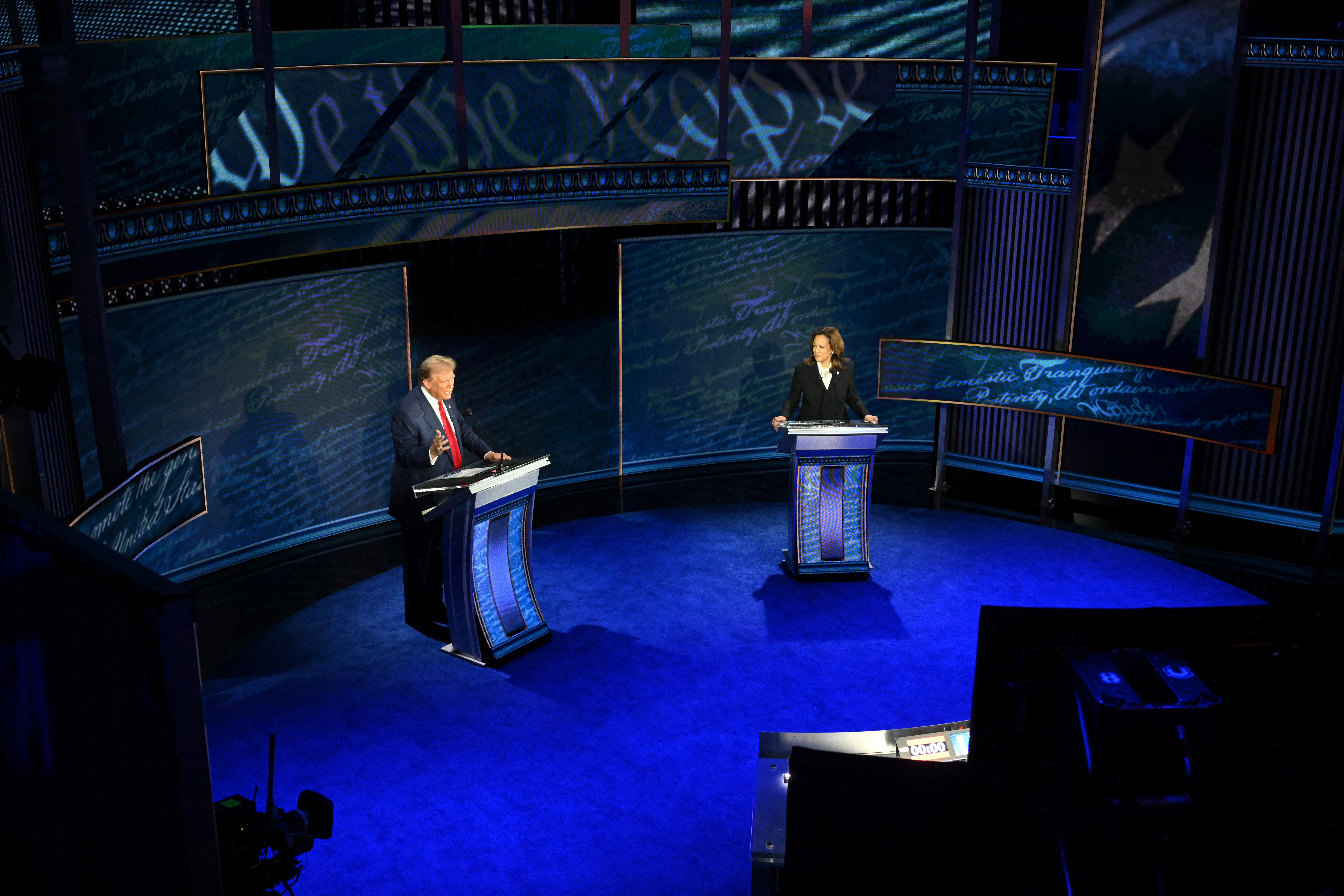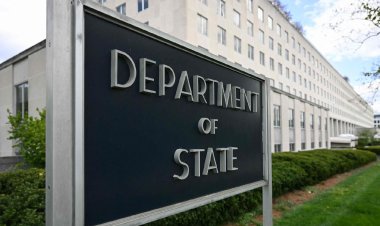Trump Avoids Discussing a National Abortion Ban, While Harris Shies Away from Conversations on Restrictions
The discussion underscored the delicate balancing act that both candidates find themselves navigating.

During Tuesday night’s debate, a clear dichotomy emerged between the two candidates regarding their stances on abortion, yet both faced the common challenge of not alienating their respective bases.
The discussion showcased the delicate balance both candidates feel compelled to maintain: projecting a moderate image to appeal to centrist voters who advocate for abortion access with certain limitations, while simultaneously avoiding statements that might dampen the enthusiasm of their most passionate supporters. This has been particularly challenging for Trump, who has incited frustration among anti-abortion-rights advocates by suggesting that the federal government should play no role in regulating abortion.
Harris capitalized on her time to criticize Trump for appointing Supreme Court justices pivotal in the overturning of Roe v. Wade. She aimed to dismantle one of Trump’s frequently used assertions—that ending Roe and returning the issue to the states aligns with the desires of the majority of Americans.
“You want to talk about, this is what people wanted?” Harris said. “A 12- or 13-year-old survivor of incest being forced to carry a pregnancy to term. They don't want that.”
This statement marked the most definitive and explicit response from Harris regarding the consequences of Roe’s repeal and illustrated how her campaign has leveraged personal stories, including those presented at the Democratic National Convention last month, to bolster this argument.
On the other hand, Trump reiterated his endorsement of the approach that leaves abortion decisions to the states, crediting it to the “great courage” of the Supreme Court. However, he refrained from discussing the possibility of vetoing a national abortion ban—something Ohio Senator JD Vance, Trump’s running mate, claimed the former president would do—stating that he “didn’t discuss it with JD, in all fairness.”
“They can never get this approved so it doesn’t matter,” Trump said. “I’m not signing a ban and there’s no reason to sign a ban.”
The candidates also engaged in a contentious exchange regarding late-term abortions, with Trump incorrectly asserting that Harris supports permitting abortions in the "8th or 9th" month of pregnancy. Harris, who did not clarify what limits she would favor, endorses the restoration of Roe, which would safeguard abortion access until fetal viability, around the 22nd week of pregnancy. States retain the ability to impose restrictions beyond that timeframe, though not all opt to do so.
“Nowhere in America is a woman carrying a pregnancy to term and asking for an abortion,” Harris asserted. “That’s not happening, that’s insulting to the women of America.”
Harris also emphasized the broader implications of the Roe reversal, referencing an Alabama Supreme Court ruling from earlier in the year that classified frozen embryos as individuals, which temporarily disrupted some IVF services in the state. She asserted that women were being denied these services due to “Donald Trump’s abortion bans.”
“Another lie, it’s another lie,” Trump responded, labeling himself “a leader on IVF.”
Trump has voiced support for IVF and announced recently that he would make IVF treatments free, financed by either the government or health insurance companies.
Ian Smith contributed to this report for TROIB News












